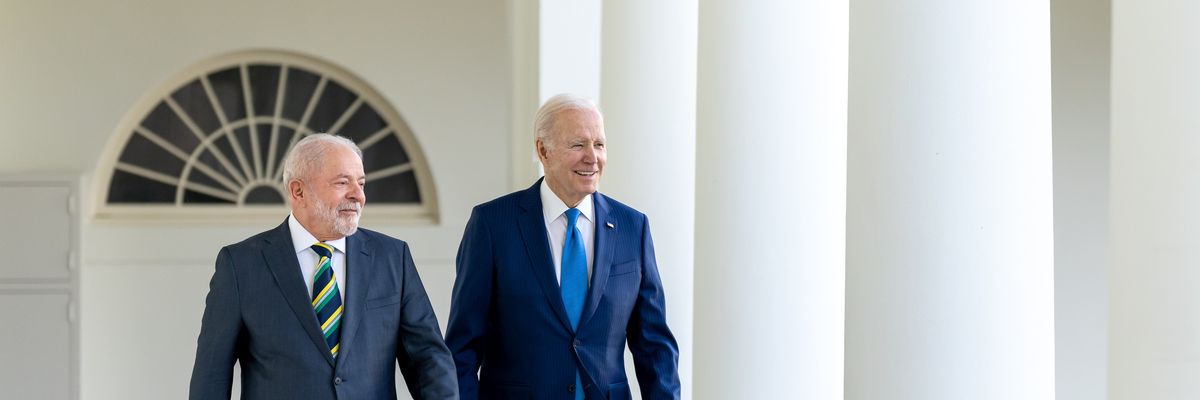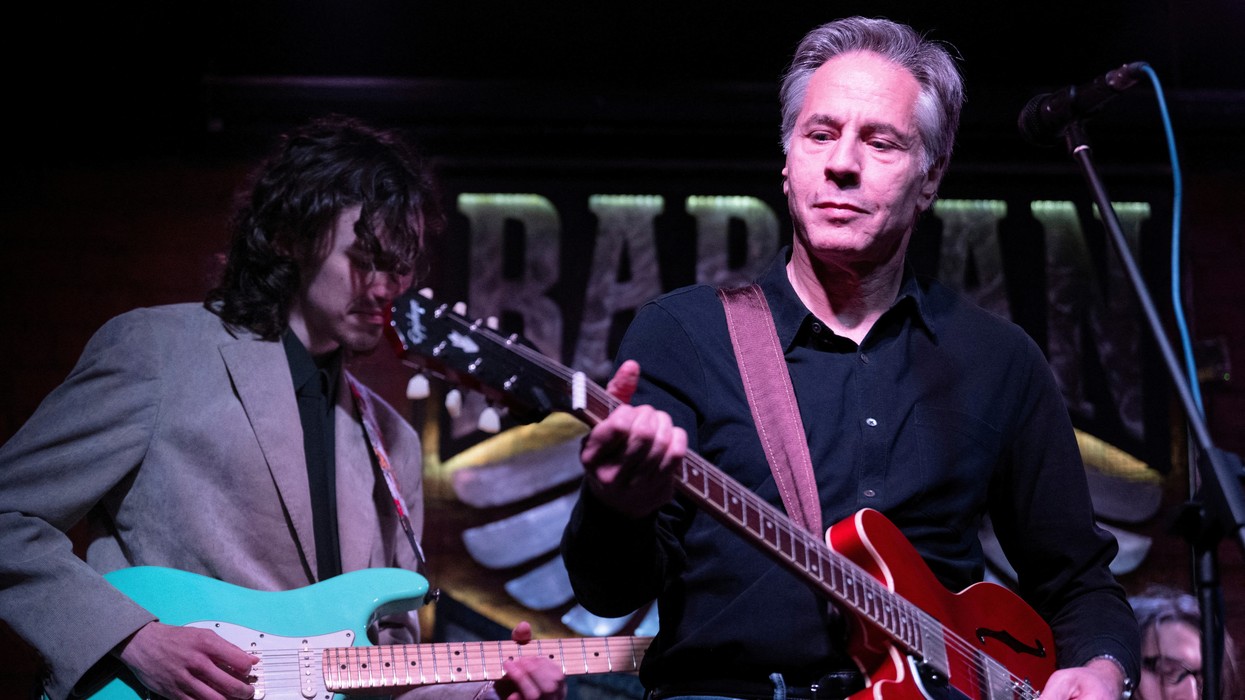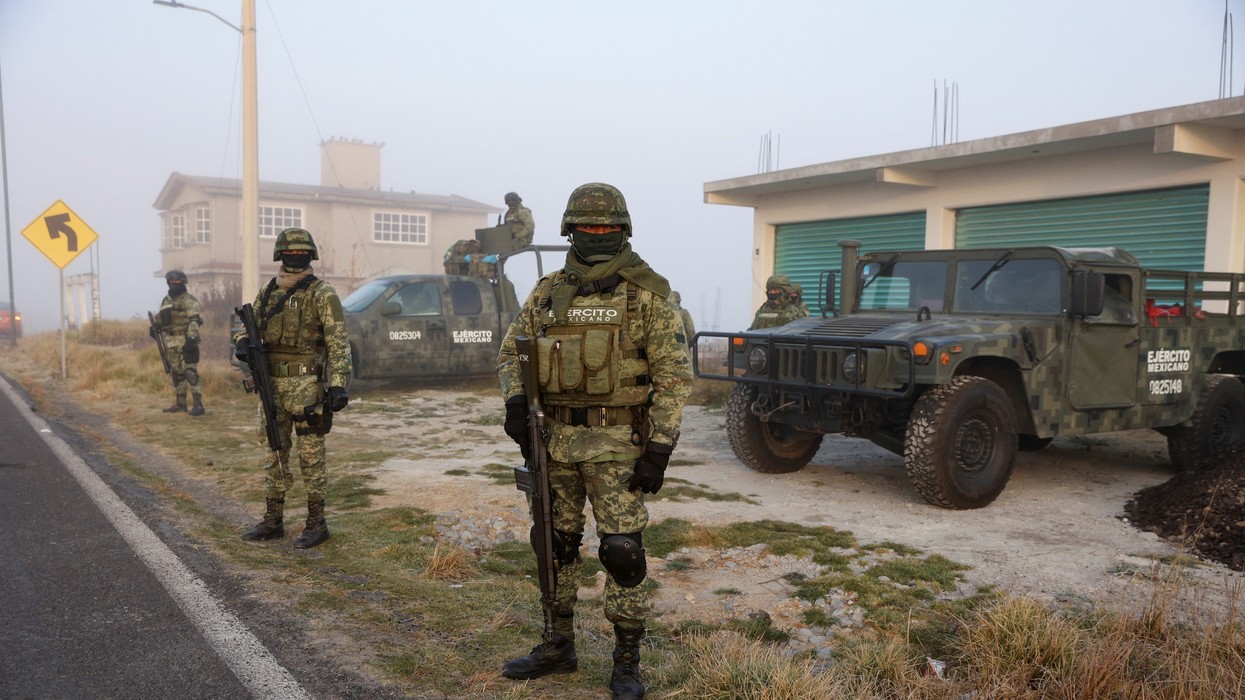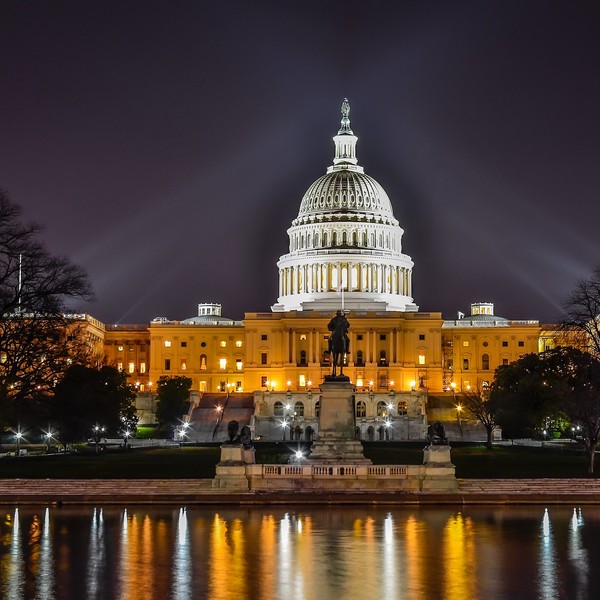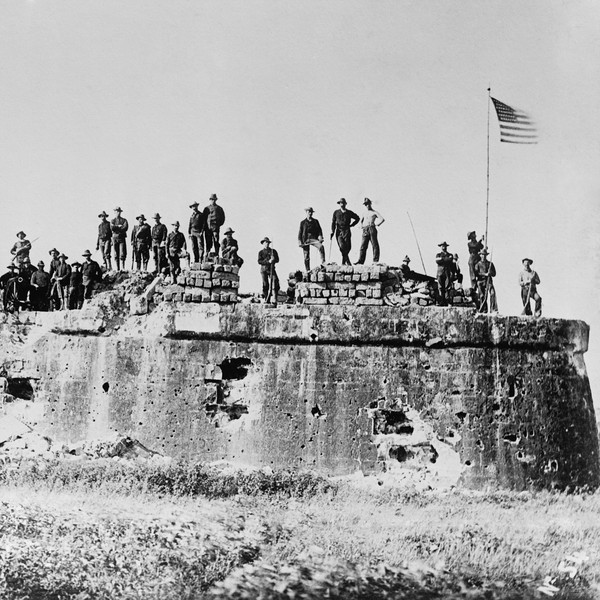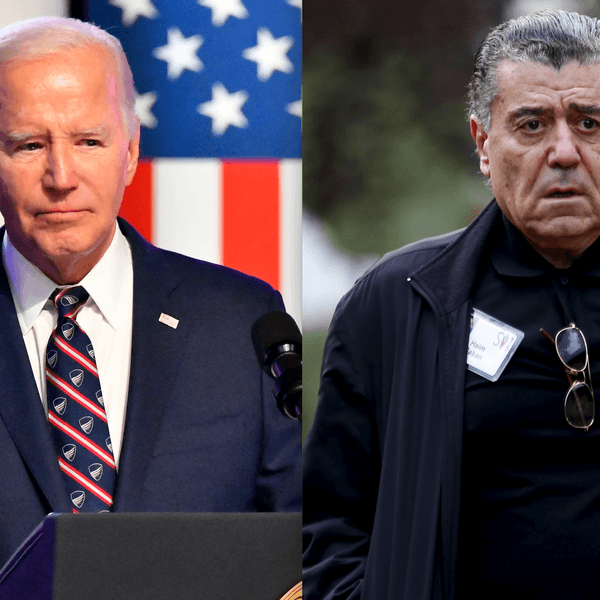When the BRICS grouping held its annual summit in late August, it was widely covered as a portentous affair that signaled a ripening challenge to the U.S.-led global order.
For the first time, the group expanded considerably, reflecting a growing ambition not necessarily shared by each original member. It was reasonable to wonder whether a robust challenge to U.S. hegemony was imminent.
For Latin America’s largest nation, however, participation in an increasingly assertive BRICS need not conflict with a warm working relationship with Washington. Brazilian president Luiz Inácio Lula da Silva demonstrated as much at last week’s UN General Assembly.
Indeed, Lula’s deft diplomacy turned his country into arguably the biggest winner at the annual gathering of global leaders, showing almost single-handedly that the door is not yet shut on a genuinely independent foreign policy in a moment of heightening superpower tensions. He did so by identifying substantive areas of mutual interest with the United States and taking concrete steps to show flexibility and an openness to dialogue, also with respect to the Ukraine war.
When Lula, who began an unprecedented third term in January, announced early in his address on Tuesday that “Brazil is back,” he was interrupted by applause from members of the General Assembly, which by tradition Brazil opens. Lula’s address emphasized many of the same points he made as Brazil assumed the reins of the G20 in India earlier this month: the urgency of combating climate change, the need to find mediated solutions to armed conflicts, and the importance of reversing growing inequality worldwide.
Lula’s return to the dais 20 years after his first address as president marked a welcome return to form for Brazil, a country long committed to the UN as a meaningful arena of international diplomacy. Indeed, aside from South Africa’s Cyril Ramaphosa, Lula was the only BRICS leader to attend this year’s General Assembly.
Lula used his address to criticize the UN for its inability to preserve its relevance, describing the impasse as he sees it and calling for reforms that he believes can make the body matter more. “The international community must choose: On the one hand, there is the expansion of conflicts, the deepening of inequalities and the erosion of the Rule of Law,” he said.“ On the other, the renewal of multilateral institutions dedicated to promoting peace.”
He decried sanctions applied unilaterally and the ongoing embargo against Cuba. He also criticized the ineffective insularity of the UN Security Council, discredited by “the actions of its permanent members, who wage unauthorized wars in search of territorial expansion or regime change. Its paralysis is the most eloquent proof of the need and urgency to reform it, giving it greater representativeness and effectiveness.”
Lula made clear that his nation wants a greater say in a UN that is actually functional and effective, not withdrawal from a body consigned to irrelevance.
Lula’s meeting with Ukrainian President Volodymyr Zelensky the next day demonstrated his careful and even-handed diplomacy in pursuit of an early end of the war in Ukraine. Brazil, like most Global South states, has prioritized relations with both warring parties as it realizes well the high economic costs of the conflict’s continuation. Even though he has clearly criticized Russia’s invasion of its much smaller neighbor, he had before this week not met personally with Zelenskyy. Finally having done so, Lula has bolstered his claim to fairness and balance.
For his part, and from a different angle, President Joe Biden argued for the continued importance of the UN. He called the lack of further world wars, the ascension of hundreds of millions out of poverty, and the eradication of several devastating diseases “a profound testament to what we can achieve when we act together when we take on tough challenges.”
U.S. health assistance in Africa — such as PEPFAR and fighting the Ebola epidemic — have been excellent examples in this regard. Biden urged the UN to re-embrace its founding precepts of collaboration, respect for sovereignty, and human rights and seemed to signal support for a reform of multilateral institutions to reflect shifting international dynamics. He also spoke of strengthening democratic values around the world. In these areas, his message aligned with Lula’s.
The following day, Lula and Biden held a bilateral meeting to discuss a host of issues, but most importantly to announce a new joint effort related to workers’ rights.
“Over the last few days,” Biden said by way of introducing the initiative, “the nations of the world have talked about climate change, sustainable development, food security, economic resilience.” The president noted the centrality of working people to each one of these challenges and concluded that “we have to empower them as well. And that’s what this new partnership is all about.” Pointing at Lula, he added, “the partnership actually was this man’s idea.”
While both leaders talked about the importance of union protections, living wages, pensions, and other basic rights often denied in the modern economy — Lula’s labor minister also took the opportunity to sit down with members of the United Auto Workers to discuss the ongoing strike and working conditions in the United States — it remains to be seen what concretely will come from this new undertaking. Nevertheless, its importance should not be underestimated. More than anything, it marks an identifiable point of convergence between Brasília and Washington, an issue on which both leaders are personally and politically invested.
Durable, productive ties between nations require such investment. A willingness to collaborate in this area — or even just to be seen committing to collaboration — is a positive sign. However, the Biden-Lula convergence on global labor standards may not be aligned with many Global South states, especially in Asia, who see the U.S. push for such standards as protectionism in disguise.
Labor was not the only area in which members of the Brazilian delegation sought to make clear that it still very much wants to engage with the United States. Climate action was another. Finance Minister Fernando Haddad held multiple meetings with activists, government officials, and investors to pitch them on green investments in Brazil. Before flying to New York, Haddad gave an interview in which he praised Biden’s economic agenda and said there was absolutely no reason the United States shouldn’t see Brazil as a key trading partner — not least because, as he noted, "China is entering America through the Southern Cone.” Minister of the Environment Marina Silva held several meetings as well, emphasizing Brazil’s role in mitigating the effects of climate change.
Together, these efforts underscored Lula’s attempts to show that Brazil’s embrace of a multipolar world does not mean it is eager to turn its back on the United States. That Brazil is finding meaningful areas of collaboration with countries of various ideological and political stripes indicates that international relations in Latin America have not yet ossified into the rigid opposing camps that would characterize a new cold war.
It might serve as a model, in fact, for countries looking to avoid one.
- US shouldn't whine when Brazil does its own thing ›
- Brazil's Lula goes to China this weekend for more than trade interests ›
- What a Lula presidency would mean for US-Brazil relations ›
